Can’t Get a GP Appointment? Here’s Why & What You Can Do
Can’t Get a GP Appointment
As the morning surge began, every attempt to secure a slot on the practice’s booking system returned “no availability” — leaving patients unable to arrange even a routine consultation. With lines perpetually engaged and online portals perpetually full, many are left navigating a complex web of alternative NHS services instead.


Why NHS GP Appointments Are So Hard to Get
Thousands of patients nationwide find it almost impossible to secure a same‑day GP slot. This bottleneck stems from several interconnected factors:
High demand & limited capacity. The UK is experiencing an ageing population and rising chronic disease rates. Many practices are simply under‑resourced.
Triage protocols. Surgeries now screen calls to prioritize urgent cases—routine concerns get pushed further back.
“8 am scramble.” A race to dial in just as phone lines or online booking windows open, often overtaking reception’s capacity.
Understanding these pressures is the first step to working around them.
Professional GP advice, anytime, anywhere
Six Ways to Secure a Slot
Call at opening time: Note exactly when your surgery phone lines re‑open (often 8 am). Set an alarm and keep redial apps ready.
Register for GP Extended Access: Evenings & weekends slots are ring‑fenced for pre‑bookable care. Ask your practice if they participate.
Use NHS 111 for urgent triage: If it’s time‑sensitive, dial 111. They can book you into out‑of‑hours GPs, UTCs or sometimes even same‑day GP slots.
Check your online portal first thing: Many practices release cancellations online before they hit the phones. Log in before breakfast.
Join a cancellation list: Ring reception and ask to be placed on a “late‑cancellation” callback list.
Speak to your pharmacist: For coughs, colds, minor infections and simple prescriptions, your pharmacist can often help without a GP at all.
Alternative NHS Services & How to Engage
FAQs: Essential Information on GP Appointment Access
Booking Multiple Appointments - Patients are generally limited to one active GP appointment at a time. This policy ensures fair access and prevents slot‑hogging. For follow‑up appointments, it is advisable to contact your GP reception immediately after the first consultation.
Managing Repeat Prescriptions - Repeat prescriptions can be requested via the NHS App, online practice portal, or by telephone — ideally 7–10 days before the current supply runs out. Practices often maintain an automated repeat‑request list; patients encountering difficulty should liaise with the practice manager to be added.
Escalating Access Concerns - If a surgery’s access protocols consistently impede care, concerns should first be raised with your GP Surgery Practice Manager. Unresolved issues may be escalated to NHS England through their official complaints procedure at england.nhs.uk/contact-us/complaint.
One‑Off or Urgent Consultations - When a non‑urgent condition unexpectedly worsens, NHS 111 provides a triage service capable of securing an urgent GP slot or directing patients to appropriate alternatives (e.g., UTC, out‑of‑hours GP).
Cancellation and Wait Lists - Many practices maintain a “cancellation list” for same‑day or early‑morning call‑backs. Patients are encouraged to request addition to this list, as last‑minute openings often become available.
Conclusion & Next Steps
GP access can feel impossible, but with the right approach, precise timing, digital tools, and awareness of alternatives — you can significantly improve your chances.
Apply our six booking strategies immediately.
Embed our interactive NHS services guide into your care plan.
Keep this checklist on hand when calling reception.


